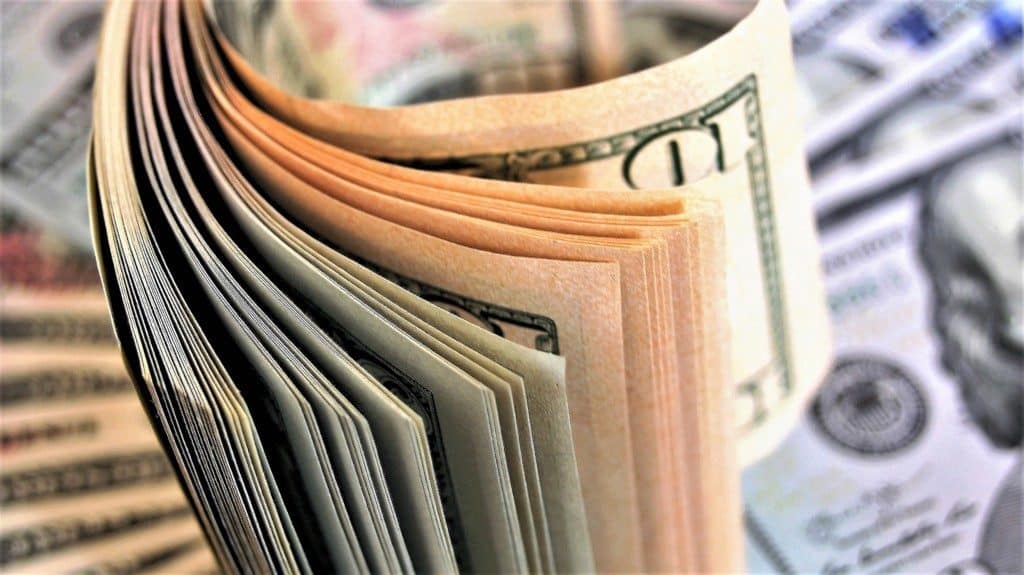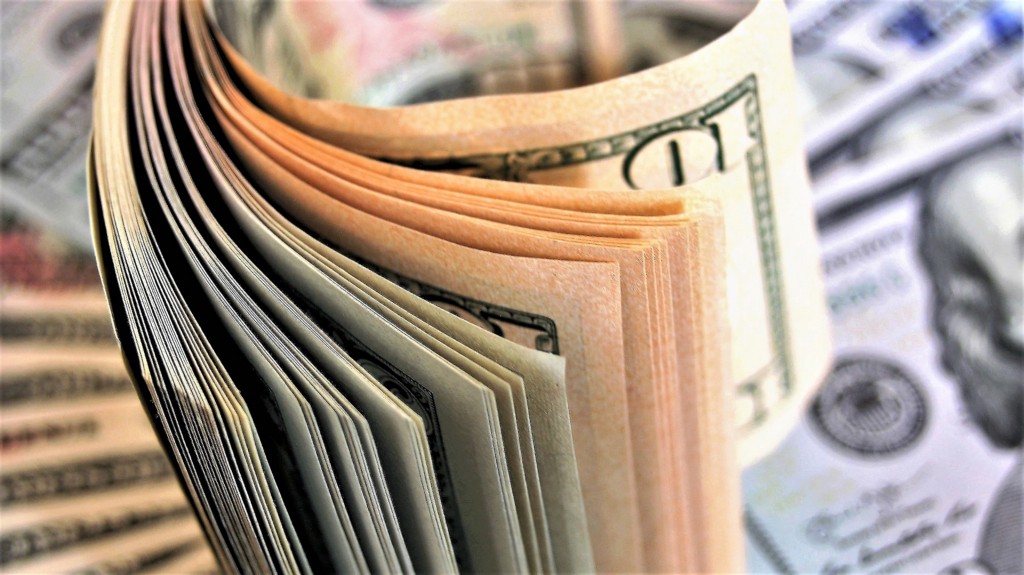
State leaders estimate the legalization of sports betting will add $13 million to the state’s treasury in its first year.

By Alan Bauer
The Sun
New Jersey officially entered the world of sports betting last week — and residents have 13 million reasons to celebrate.
State leaders estimate the legalization of sports betting will add $13 million to the state’s treasury in its first year. Who couldn’t use an extra $13 million?
It’s estimated around $150 billion a year is spent on sports wagering. The problem was a lot of that money, outside of gamblers in Nevada, had been wagered through offshore betting companies or illegal bookies. Hence, the states — taxpayers — simply missed out on the opportunity to collect on these wagers.
That changed here when Gov. Murphy signed a law permitting not only sports wagering, but also allowing the state to collect 8.5 percent of the money bet in-person (at casinos and racetracks) and 13 percent of the online wagers.
Not only will sports betting boost state coffers, it also will create jobs and enhance the overall economy of such places as Atlantic City. Casinos and racetracks have to hire people to work at the sports betting parlors. Sports bettors visiting a casino likely will hit a bar or restaurant while in town, and maybe book a room for a night.
Will legalized sports betting immediately close all of the shady operators? Probably not. After all, you have to pay for your bet up front at a casino, so long-time gamblers looking to bet on credit or to avoid the aforementioned taxes, very well might stay with their current option.
But for those who prefer to do business with a legit, government-regulated betting outlet, legalized sports betting simply makes sense.
The winners here: The state, taxpayers and gamblers who don’t want to run the risk of running up a tab with the wrong person.
The losers: Maybe, eventually, the overseas and underground betting operations. If they lose, that’s OK.









